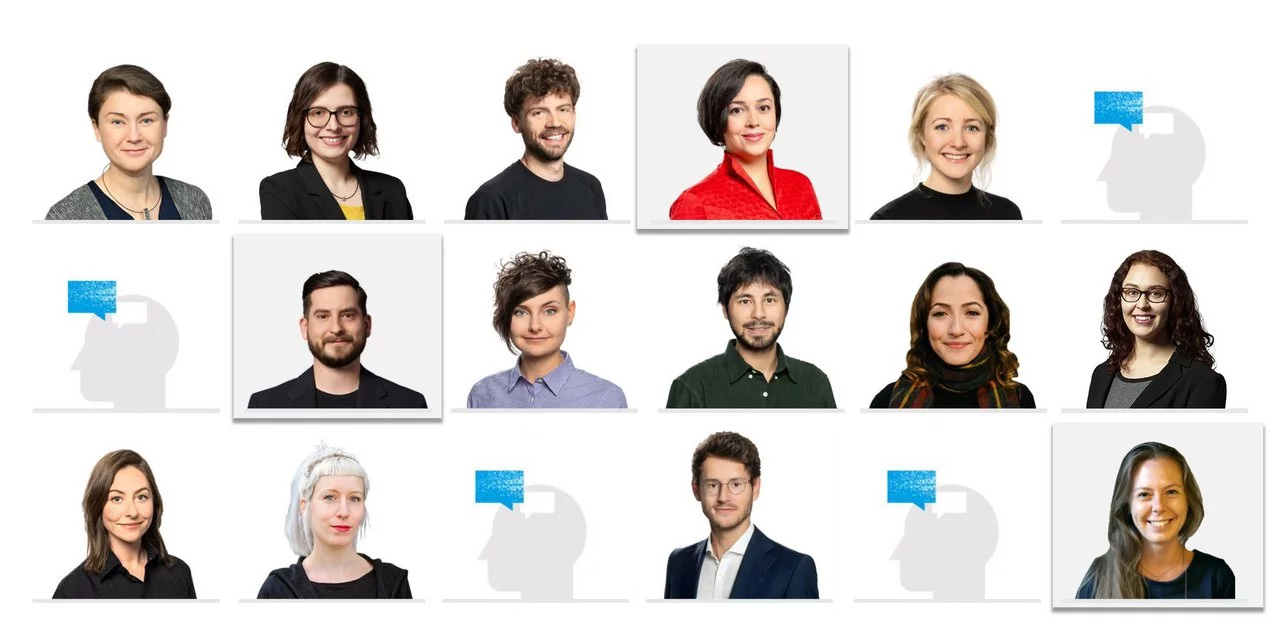
Science and technology are central elements of modern societies. They have also become key actors in and topics of national and international policy. The professorship of Science and Technology Policy explores the multiple relationships between science, technology, society and policy that emerge in our increasingly technoscientific societies. We aim to understand particularly two aspects of this dynamic:
On the one hand, the group’s research explores how contemporary governance practices in academic institutions and in science policy (e.g. evaluation processes, career norms, funding structures) affect work and knowledge cultures within academic institutions. The focus here rests on comprehending how researchers understand, interpret and respond to the institutional norms, structures and policies they interact with and how their situated interpretations shape their practices as researchers and academic leaders. Ongoing and past research in this vein has explored how junior researchers understand the norms of academic career development and how this understanding impacts their decision making about the epistemic orientation and social organization of their work; how practices and norms of performance evaluation impact epistemic and human diversity in the university; and how reviewers for prestigious funding programs understand and operationalize the meaning of ‘academic excellence’ when they make important decisions about the distribution of resources and the future composition of research fields. This type of research, which explores the interactions between normative structures and epistemic processes, is a vital basis for a reflexive type of science governance that proactively engages with the outcomes of its practices and reflexively adapts its strategies to address unintended effects.
On the other hand, the group’s work explores how novel research ideas unfold within the normative structures of contemporary academia and its societal contexts. We focus specifically on emergent knowledge cultures in the life sciences and trace the epistemic, social and political dynamics emerging with new forms of life science knowledge and biotechnology. Work in this line is often interdisciplinary and collaborative in character. It critically examines the paths that novel research ideas take within contemporary academia and their possible social and political implications. It asks how research contexts could be improved to allow for types of knowledge production that are scientifically robust and socially responsible, e.g. through inter- and transdisciplinary collaboration and participatory practices that allow citizens to take part in the process of knowledge creation and technology development. Integral to this line of research are questions of social and environmental justice, e.g. regarding the accessibility of novel technologies, and the social distribution of risks and benefits. Current projects for example explore the epistemic, social and political implications of an emergent epigenetic understanding of body, health and illness; scientific and public assessments of the potentials and challenges of novel genome editing technologies in biomedicine and agriculture; and the emergence of ‘microplastics’ as an environmental and health problem across scientific, public and policy arenas. The projects at the professorship seek to examine what responsible research and innovation could mean in each situated context, and in relation to and collaboration with the specific stakeholders in each case.
Ongoing research projects at the professorship are currently funded by the German Research Foundation (DFG), the German Federal Ministry of Education and Research (BMBF), the Bavarian Research Foundation (Bayerische Forschungsstiftung) and EU Horizon 2020 program.


